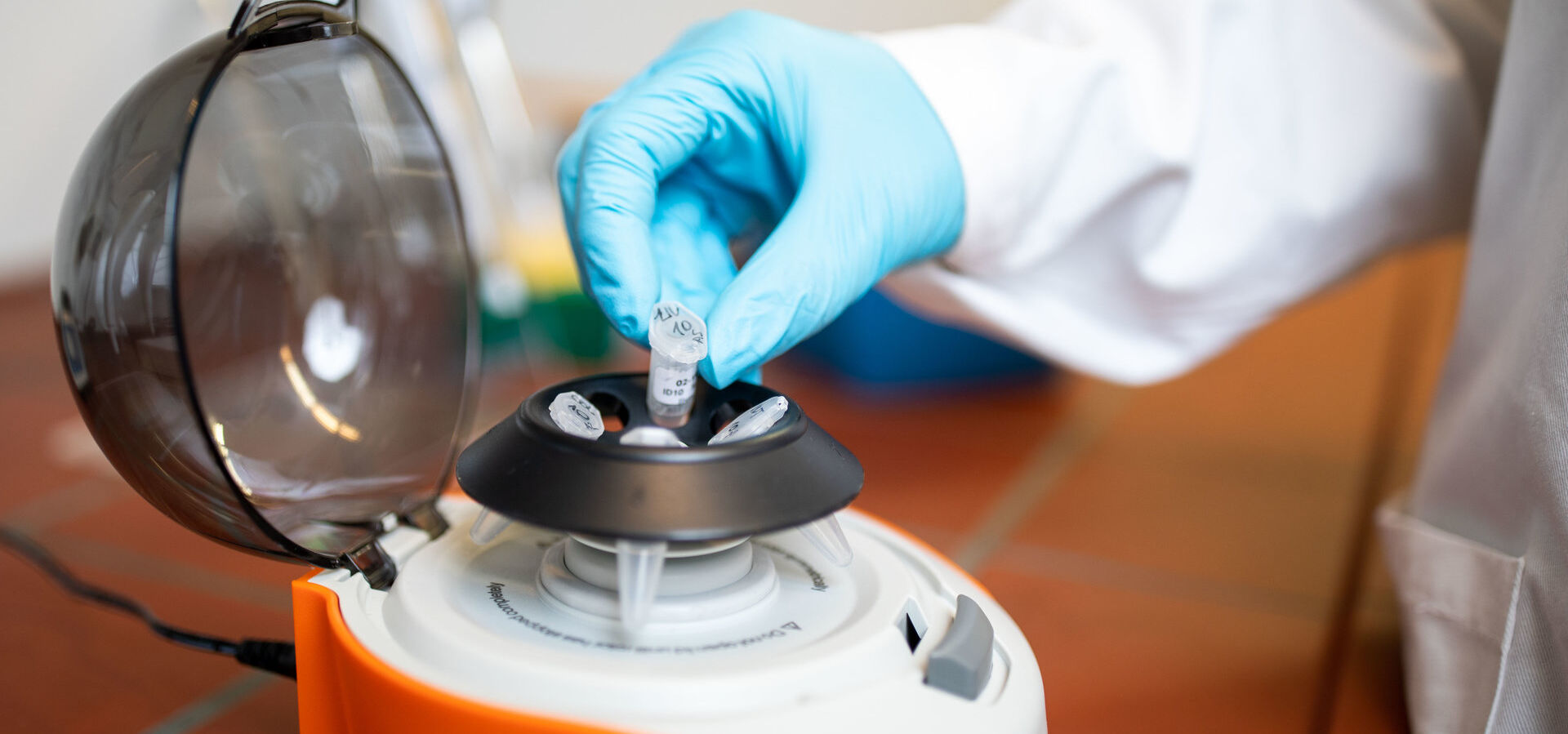Institute of Biotechnology

Welcome
The research fields of the institute chairs cover the entire spectrum of modern biotechnology. The individual research projects, specific courses, job offers and current information are available on the pages of the individual chairs. The Institute of Biotechnology is responsible for the study programs in the field of biotechnology at the Technischen Universität Berlin.
